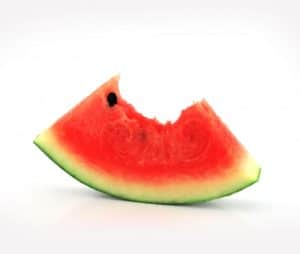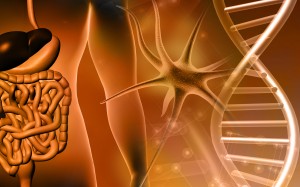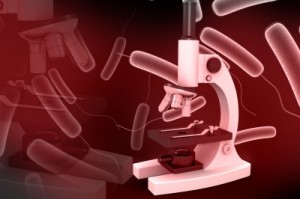Fecal Transplants-yes, it does sound gross- are the next big thing. Of all those tips for keeping your gut flora healthy, or rebuilding your gut flora, a fecal transplant is the most effective. If someone else’s poop has millions of healthy bacteria in it, that will beat any probiotic, most of which contain 1-8 types of bacteria. It is just not something you can do yourself. OpenBiome in Medford, MA, has started the long process of making it easier to get through your doctor.
Here are some quotes from the article on Boston.com about OpenBiome.
“To keep your digestive and immune systems functioning properly, your body needs to maintain a natural balance of bacteria in your gut. But antibiotics taken to treat infections kill both “good” and “bad” bacteria indiscriminately. They kill it all, upsetting the balance and making the gastrointestinal tract susceptible to C. difficile, a “bad” bacteria. The resulting infection, according to the Centers for Disease Control and Prevention, affects more than 500,000 Americans per year, causing fever, nausea, abdominal pain, and serious diarrhea—and kills 14,000 Americans per year, especially in hospitals and long-term care facilities.
There are antibiotics that treat C. difficile, but as many as 20 percent of the infections return.
Our poop, it turns out, is a plentiful source of this good bacteria, and how do you get one person’s good-bacteria-filled poop into an ailing person? A fecal transplant.”
Read whole article here or visit www.openbiome.com



